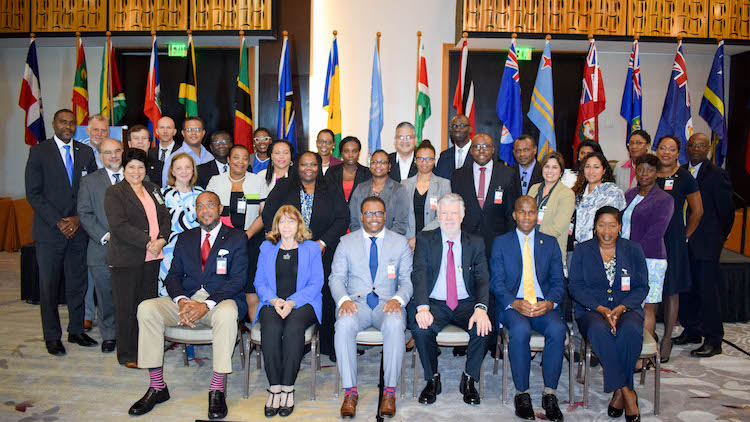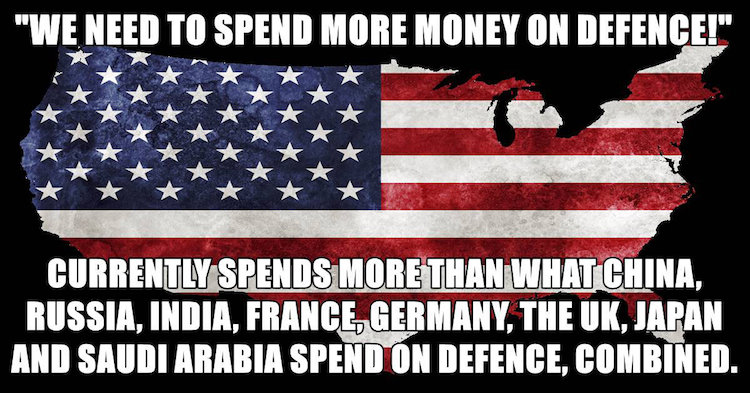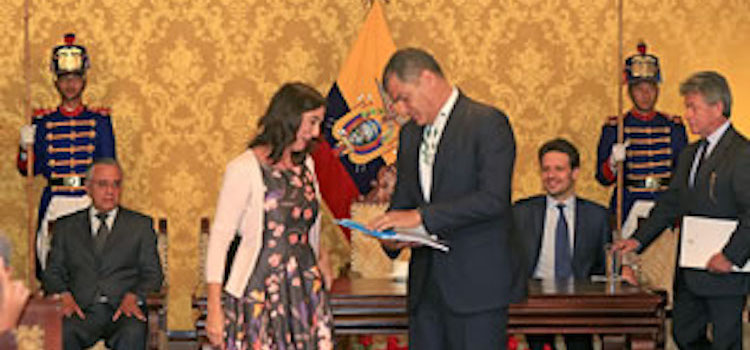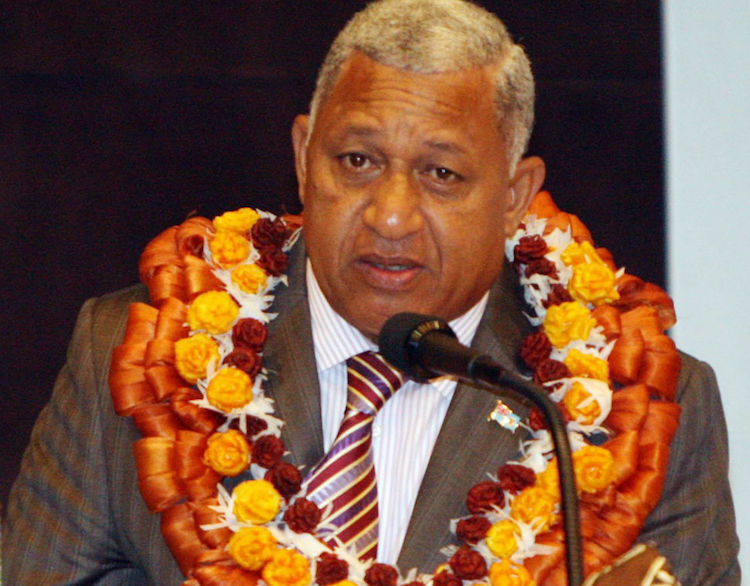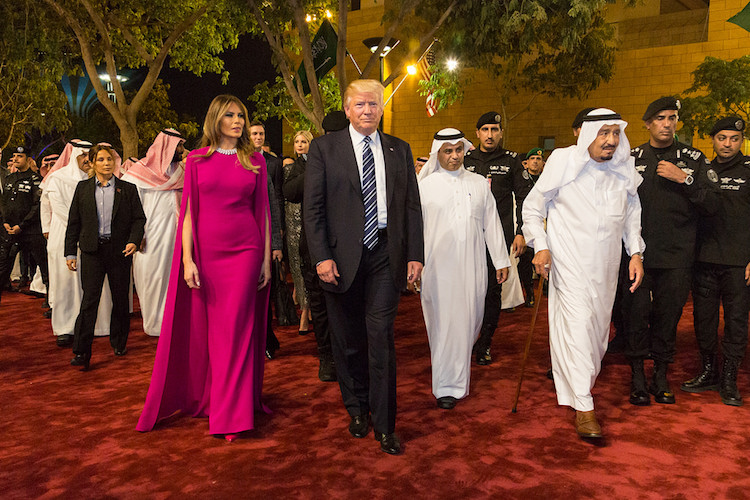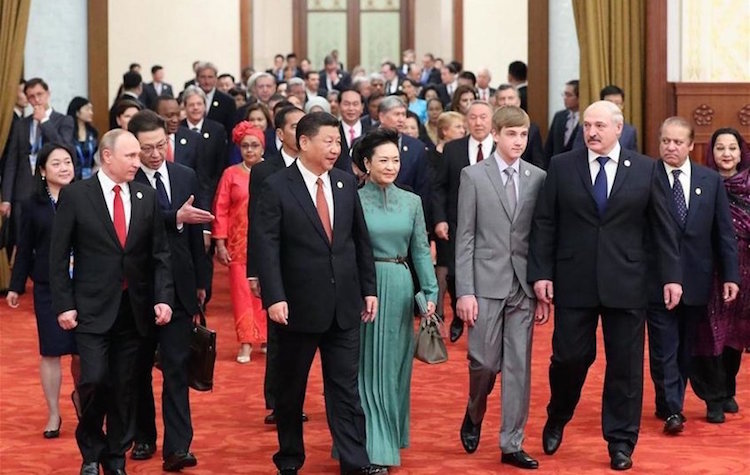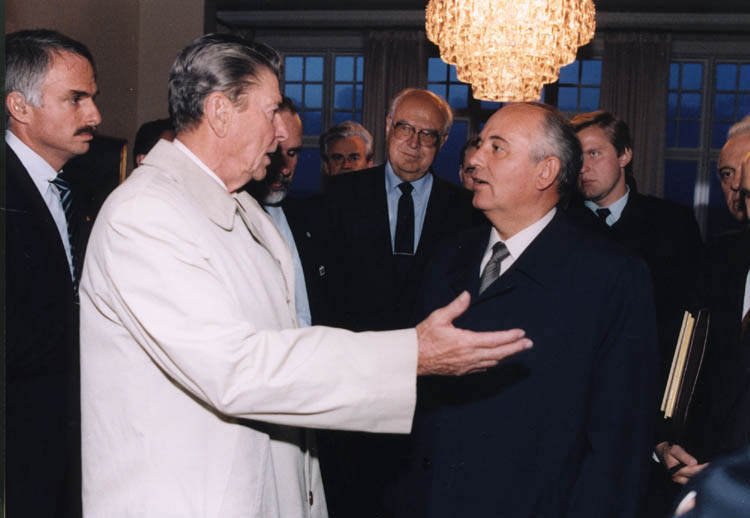By Desmond Brown
PORT OF SPAIN, Trinidad (ACP-IDN) – While there have been several activities at sub-regional level aimed at stimulating Caribbean countries to position themselves for successfully implementing the Sustainable Development Goals (SDGs), the pace of implementation has remained slow.
Specifically, the lack of national institutional frameworks for SDG implementation in most Caribbean countries constitutes a major obstacle to effective implementation of the goals.
The SDGs are the cornerstone of the 2030 Agenda for Sustainable Development, which became effective on January 1, 2016, and is supposed to shape sustainable development efforts globally.

